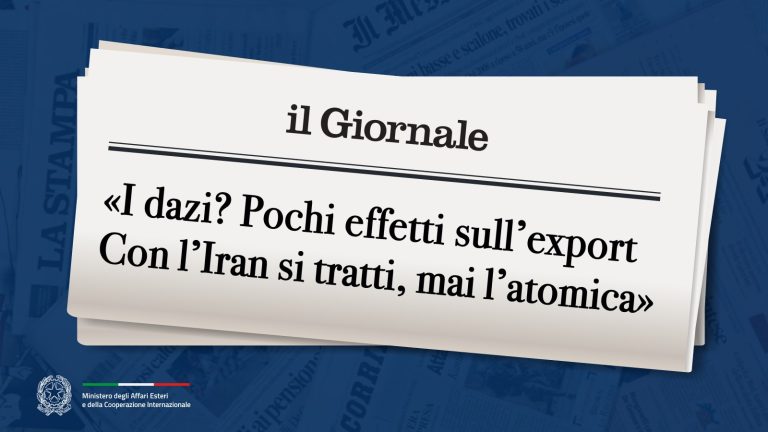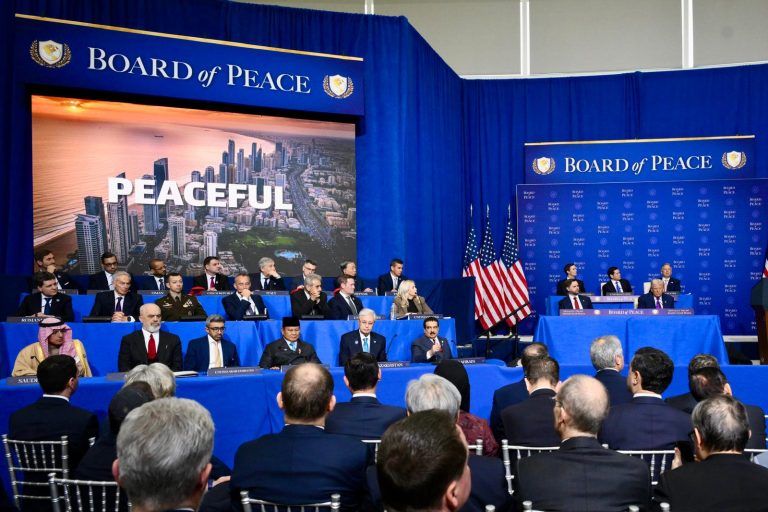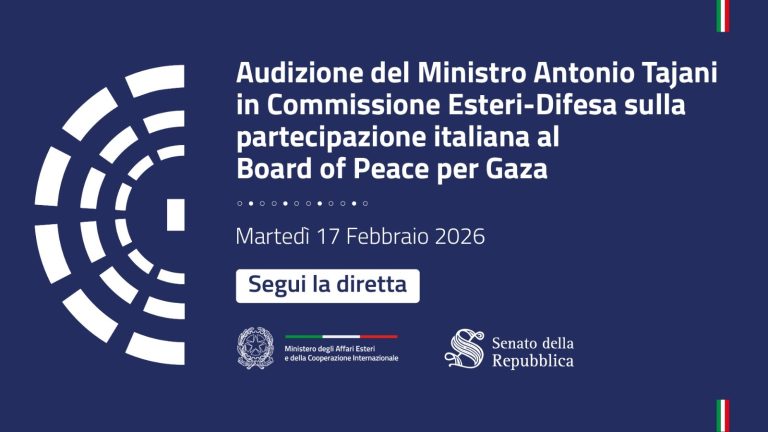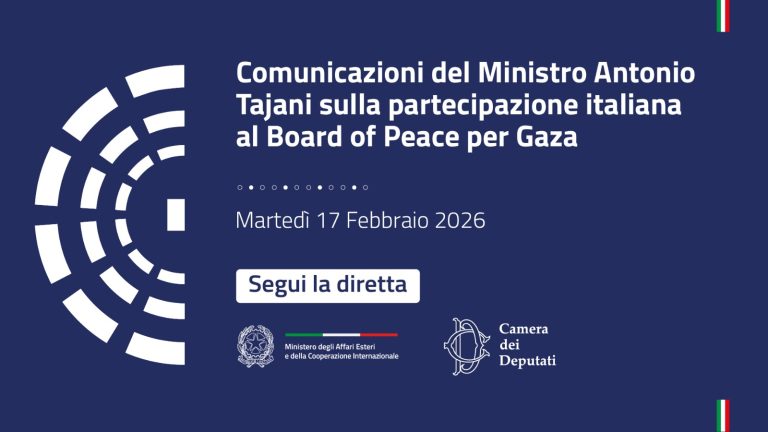ANSAMed, the branch of ANSA covering the Mediterranean, has organised a meeting, hosted by the Foreign Ministry, for European and North African journalists. The aim was to discuss the role of the media one year on from the Arab Spring. A story where so much remains to be told, and which is a challenge for journalists too. A story that needs to be followed as it evolves, in all its many facets, without prejudice and with due respect for the decisions taken freely by the peoples concerned. Institutional decisions too. These points were underscored by Counsellor Carlo Schillaci in his welcome address to Forum participants.
One year on from the Arab Spring, the debate at the Foreign Ministry focused on “The Role of the Media in the New North–South Mediterranean Dialogue”. Taking part were journalists from France, Egypt, Morocco, Greece, Tunis, Palestine and the United Kingdom.
“The newspapers have described a new world, more so than in other situations in our history”, commented ANSA chief Luigi Conti, who introduced the Forum. “The Arab Spring is not over yet, it’s just getting into its most interesting period”, commented the head of ANSA’s international unit, Stefano Polli, who moderated the debate.
Alberto Negri, from the Sole 24 Ore, felt that we should be speaking of “regime change” rather than revolutions in the Arab world. “A revolution takes you to another world, with other values. Have values changed in this case? I don’t think so”.
Mahdi El Nemr, an Egyptian journalist and Deputy Chairperson of the Foreign Press Association, who has been based in Italy for 30 years, took the opposite view. “Everything has changed with these revolutions. We see ourselves differently, we see the world differently… People are confident they can build a fair and just society”. In the meantime, the new media have gained ground and social networking has spread. These, together with the “traditional” press, have supported and fostered change. But in some southern Mediterranean countries censorship remains strong.
Annalisa Rapanà, ANSA correspondent in Syria, pointed out that information in that country is emerging only from the two sides of the conflict: regime and rebels. It cannot therefore be verified independently. RAI correspondent Duilio Di Gianmaria complained that, for reasons of space, the media sometimes provide the news in isolation, without the background information people need if they are to truly understand events. ANSAMed is well aware of this problem, as its chief, Patrizio Nissirio, underscored. Indeed, in telling the story of the Arab Spring, he identified two main strands: one the one hand, the news; and on the other the stories – sometimes small in scale – that seek to explain the situations in the news with a view to understanding them more fully.





